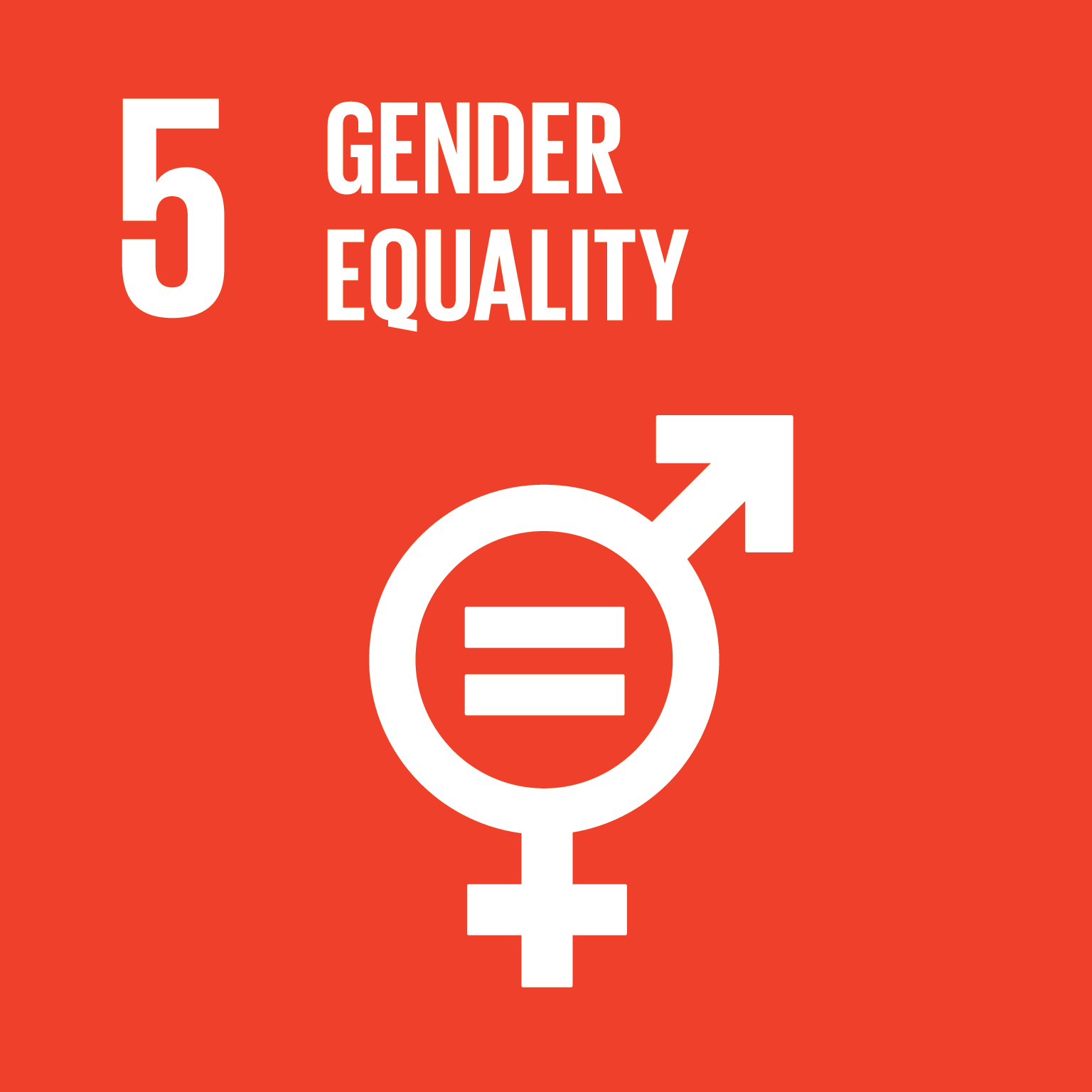 Economic Recovery of Women SMEs through Credit Guarantee Schemes
UNCDF’s Rapid Response to COVID-19 in Partnership with Central Banks
Economic Recovery of Women SMEs through Credit Guarantee Schemes
UNCDF’s Rapid Response to COVID-19 in Partnership with Central Banks

Challenges
Women continue to face gender bias in banking due to low financial literacy. Small and medium enterprises (SMEs) headed by women contribute to economic growth, but their access to finance remains limited. Socio-cultural reasons such as the lack of support from men make it difficult for women to own the kind of assets that commercial banks look for as collateral to reduce credit risk. In Bangladesh, as in many LDCs, women are also subject to discriminatory attitudes, norms and stereotypes. The same challenge exists for the Gambia, a mainly agrarian society in which women are largely engaged in subsistence agriculture. Additionally, young people make up 64 per cent of the population and 40 per cent of owners of micro, small and medium enterprises (MSMEs), yet 77 per cent remain financially excluded due to lack of collateral. This leads to inequalities in access to and control over resources for women and young people.
Towards a Solution
Despite the significant contribution of SMEs to Bangladesh’s economic growth, their access to finance remains limited, especially for those owned by women. Therefore, in 2016, the United Nations Capital Development Fund (UNCDF) piloted a Credit Guarantee Scheme (CGS) to open access to finance for women entrepreneurs unable to expand viable enterprises through commercial loans. By designing a scalable solution for the Bangladesh Bank (BB), UNCDF was able to drive SME credit growth through an inclusive allocation of financial resources towards women’s economic empowerment (WEE), thus contributing to Sustainable Development Goals (SDGs) 5 (Gender Equality) and 8 (Decent Work and Economic Growth). The pilot was a partial guarantee scheme established with initial funding of $200,000 from UNCDF to BB for operating the CGS under its SME & Special Programmes department. The CGS guaranteed up to 30 per cent default risk at the portfolio level and provided two financial institutions with up to 80 per cent coverage on loans extended. At the end of the pilot scheme, the CGS had unlocked $440,476 of bank loans ($2.20 for every dollar committed) to 21 women-led SMEs (including 12 first-time bank borrowers) in eight districts and 16 sectors. This resulted in the creation of 620 jobs (70 per cent of them for women) and an increase of 33 new suppliers (20 per cent women).
In response to the COVID-19 crisis, BB has allocated $260 million from the Prime Minister’s stimulus package to support SMEs. Thus, the CGS facility ensures that women employment is retained during COVID-19 recovery, aligning with Istanbul Programme of Action (IPoA) Priority Areas 1 (Productive capacity), 2 (Agriculture, food security and rural development), 5 (Human and social development) and 7 (Mobilizing financial resources for development and capacity-building).
Demonstrating that CGS can be successfully piloted and scaled up by central bank with funding from the national government, UNCDF received a similar request for support from the government of the Gambia. Currently, the same model, with a $200,000 grant from UNCDF, is being replicated in the Gambia and is in the development phase with the central bank.
The CGS model is replicable across LDCs and scalable within national platforms given that it has been expanded through government-supported funds. Central banks are a safe platform for testing the instrument, given their regulatory supervisory mandate. Once the processes were adopted, it was beneficial to establish an independent entity to host and manage the funds within national platforms. For the Bangladesh experience, none of the women-owned SMEs defaulted on their loan backed by the guarantee, indicating that riskier SMEs can also be serviced through the scheme. For LDCs, managing risks related to lending to those left behind creates not only inclusive financial markets but also inclusive enterprises with growth capital to create formal jobs and skills for women and young people.
Contact Information
Countries involved
Supported by
Implementing Entities
Project Status
Project Period
URL of the practice
Primary SDG
Secondary SDGs
Similar Solutions
| NAME OF SOLUTION | Countries | SDG | Project Status | |
|---|---|---|---|---|
360-Degree Awareness Tool to Fight COVID-19 Raising awareness and ensuring public wellbeing through a one-stop platform for fighting COVID-19 in Bangladesh |
Bangladesh, Gambia (Republic of The) | 16 - Peace and Justice Strong Institutions | Ongoing | View Details |
A-Card Initiative |
Bangladesh, Gambia (Republic of The) | 10 - Reduced Inequalities | Completed | View Details |
Accelerating Digital Transformation in All Ministries in Bangladesh Promoting the rapid design and implementation of plans to digitize all ministries and subordinate government institutions in Bangladesh |
Bangladesh, Gambia (Republic of The) | 10 - Reduced Inequalities | Ongoing | View Details |
Accelerating the Implementation of African Union Treaties in São Tomé and Príncipe South-South learning from the Beninese judicial system’s experience in the application of human rights treaties to its national law |
Bangladesh, Gambia (Republic of The) | 05 - Gender Equality | Completed | View Details |
Accelerating the Transformational Shift to a Low-Carbon Economy in Mauritius Towards supplying 35 percent of the country’s energy needs with renewables by 2025 |
Bangladesh, Gambia (Republic of The) | 05 - Gender Equality 09 - Industry, Innovation and Infrastructure 13 - Climate Action | Ongoing | View Details |